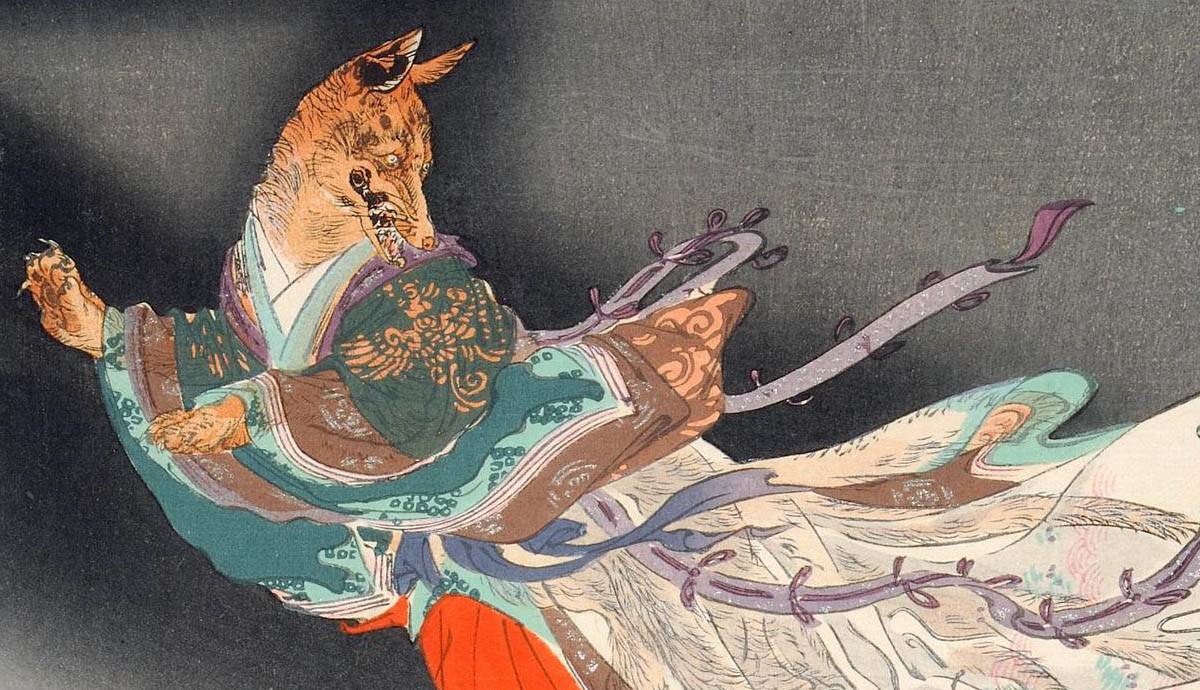Japanese Yokai and Native American deities are both supernatural beings with significant roles in their respective cultures. Yokai are found in Japanese folklore and can be friendly or malevolent, embodying aspects of nature or human emotions. Native American deities, on the other hand, reflect a rich cultural tapestry of indigenous tribes, embodying natural elements, animals, or celestial bodies. Both types of beings are deeply rooted in their cultures, serving as metaphors for human behavior and guardians of the natural world. By exploring their characteristics, origins, and cultural significance, we gain a deeper appreciation for the myths and legends that shape different societies.
An Analysis of Japanese Yokai vs. Native American Deities
Introduction
Japanese Yokai and Native American deities are both supernatural beings that play significant roles in their respective cultures. In this analysis, we will delve into the characteristics, origins, and cultural significance of these entities to better understand how they shape the beliefs and folklore of their respective societies.
Japanese Yokai
Japanese Yokai are supernatural creatures or spirits that can be friendly or malevolent. These beings are deeply rooted in Japanese folklore and have been a part of the country’s cultural landscape for centuries. Yokai come in various forms, with each having its own unique traits and abilities.
Characteristics of Yokai
Yokai can range from the whimsical to the terrifying, and they often embody aspects of nature or human emotions. Some Yokai are shape-shifting tricksters, while others are vengeful spirits seeking justice for past wrongs. Common Yokai include creatures like the kitsune (fox spirits), oni (demons), and kappa (water imps).
Origins of Yokai
The origins of Yokai can be traced back to ancient Japanese mythology and folklore. Some Yokai are believed to be manifestations of natural phenomena, while others are thought to be spirits of the deceased. Over time, Yokai have become ingrained in Japanese culture, appearing in art, literature, and popular media.
Native American Deities
Native American deities are spiritual beings that play important roles in the myths and legends of indigenous peoples in North America. These deities often embody natural elements, animals, or celestial bodies, and they are revered as guardians and guides by their respective tribes.
Characteristics of Native American Deities
Native American deities are diverse in nature, reflecting the rich cultural tapestry of indigenous tribes. Some deities are benevolent spirits that bring prosperity and good fortune, while others are powerful beings that govern the forces of nature. Deities such as the Thunderbird, Coyote, and Raven are prominent figures in Native American mythology.
Origins of Native American Deities
The origins of Native American deities can be traced back to the beliefs and spiritual practices of indigenous peoples. These deities are often associated with creation stories, tribal rituals, and the natural world. Native American deities continue to be honored and revered by many indigenous communities to this day.
Cultural Significance
Both Japanese Yokai and Native American deities play vital roles in their respective cultures, serving as metaphors for human behavior, guardians of the natural world, and embodiments of cultural beliefs. These supernatural beings are not only sources of myth and folklore but also symbols of cultural identity and spiritual connection.
Conclusion
The comparison of Japanese Yokai and Native American deities highlights the diverse and intricate ways in which supernatural beings shape the beliefs and folklore of different cultures. By exploring the characteristics, origins, and cultural significance of these entities, we gain a deeper appreciation for the rich tapestry of myths and legends that have been passed down through generations.
